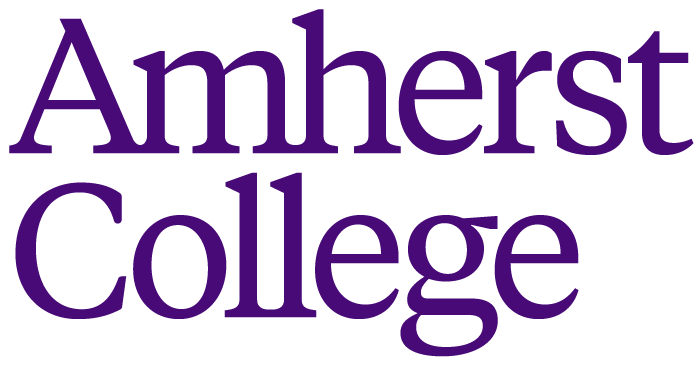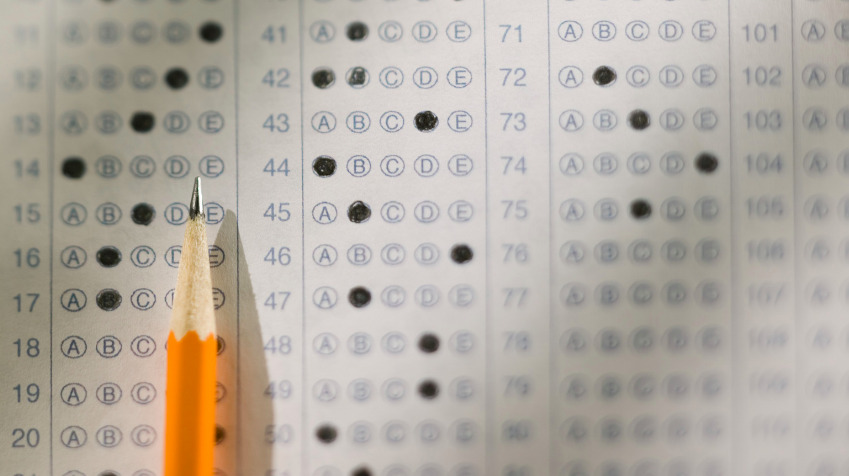What are high achieving members of the high school Class of 2022 and younger to do now that SAT Subject Tests are no more?
That’s the question many of my students have been asking me since the CollegeBoard pulled the plug on the rigorous one-hour content-based tests that at one time covered everything from Biology to Writing. In more recent years, the Writing Subject Test was subsumed into an optional section of the main SAT, but with the news that all SAT Subject Tests were being cancelled also came word from CollegeBoard that the optional Writing section of the SAT would also be canned. So much for the importance of writing, at least from the perspective of the powers that be at both the CollegeBoard and most American colleges, none of which made so much as a peep opposing the CollegeBoard’s decision to no longer attempt to assess students’ writing.
Oh well, I don’t make the rules; I simply help students play the game, and what a perverse game the American college admissions process has become.
Below are my first thoughts about what students can and should do to pump up their chances of college admission now that a very important objective measure of knowledge mastery has fallen by the wayside.







